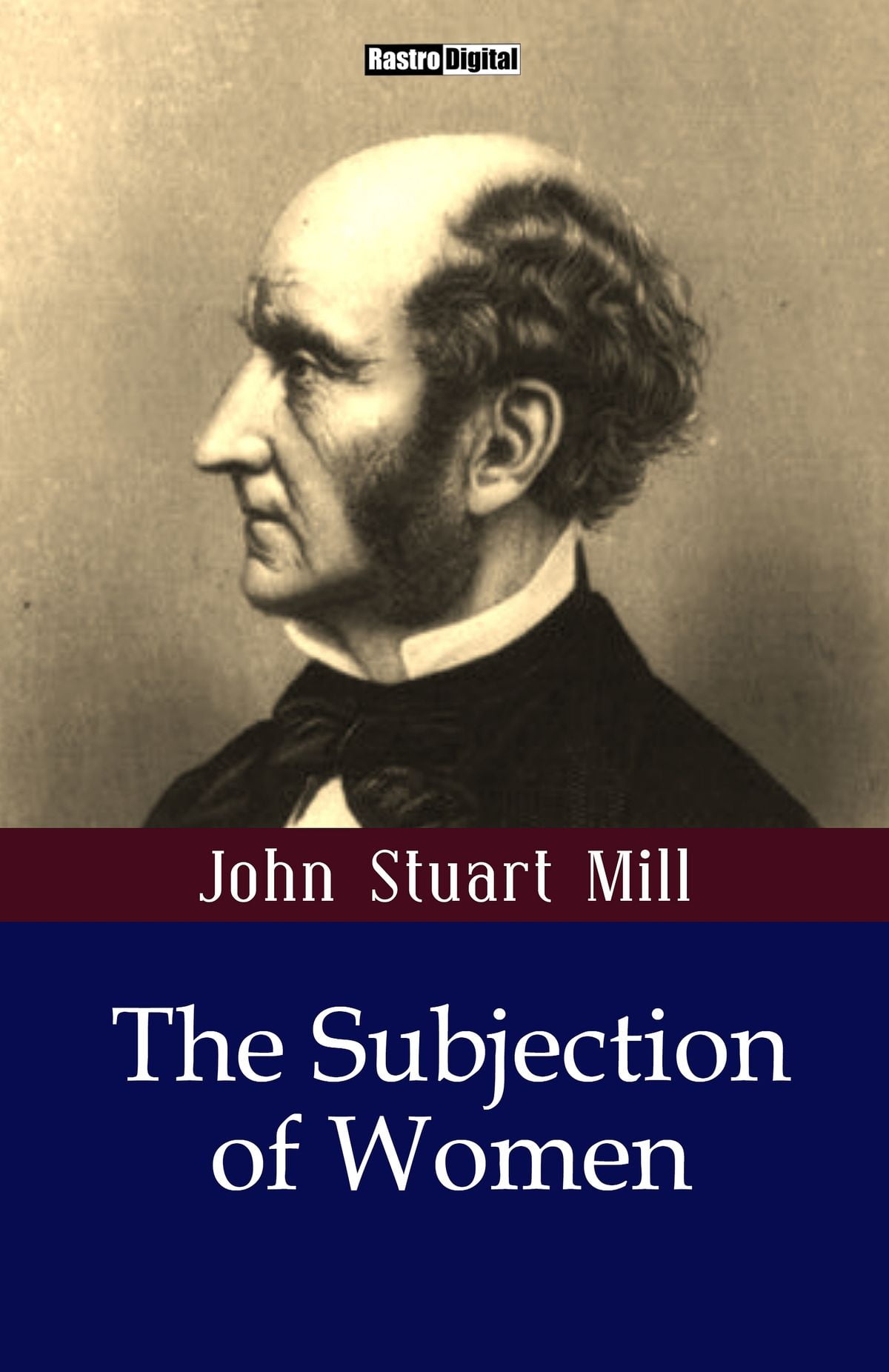

These two ideas are the major themes of his most important works: Utilitarianism and On Liberty. Intervening in other people’s lives is warranted only to prevent their harming other folk. The most important freedom, he tells us, consists in your choosing and pursuing your own good in your own way. Second, he was an ardent defender of individual liberty. Reading poetry supplies more units of bliss ( hedons) than you derive from playing childish games in your local tavern. Following Jeremy Bentham in this thesis, he added a new twist: some pleasures are “higher” than others. To act rightly, he claimed, is to maximise happiness. When this book is written, it will tell us what “everybody knows” about him. These common misconceptions of Mill will no doubt be articulated in a future canonical text entitled Mill for Dummies. He was a progressive, not a neoliberal, someone who has much to teach us about our own society and its conflicts. Mill was a far deeper thinker than many of his readers today recognise. Clear-headed charity should allow him to fade gracefully into the (Victorian) wallpaper.Īll this, I believe, is profoundly incorrect. What’s more, the negative picture of liberty he defended - focused on insulating people’s lives from outside interference - can be used today by libertarians and other boosters of minimally regulated markets perhaps Mill was even a closet libertarian himself. His proposals to grant extra votes to the well-educated demonstrate a casual elitism, as does his emphasis on higher pleasures: on poetry rather than pushpin. To many, his career in the East India Company reveals not only a thoughtless acceptance of colonialism but also a complacent conviction of the superiority of British society. Furthermore, aspects of his writings grate on current sensitivities. The campaigns in which he fought have been won, and the ideas he defended - namely, free speech and female suffrage - have become widely embraced, elaborated, refined and transcended. In the eyes of sceptics, Mill has lost his relevance. Monty Python offers an assessment for our age: “John Stuart Mill/ of his own free will/ on half a pint of shandy was particularly ill.” Although William Gladstone once posthumously canonised him as “the saint of rationality”, many contemporary thinkers believe he’s beyond his sell-by date.

A century and a half after the death of John Stuart Mill, it is easy to think that we have had enough of him.


 0 kommentar(er)
0 kommentar(er)
